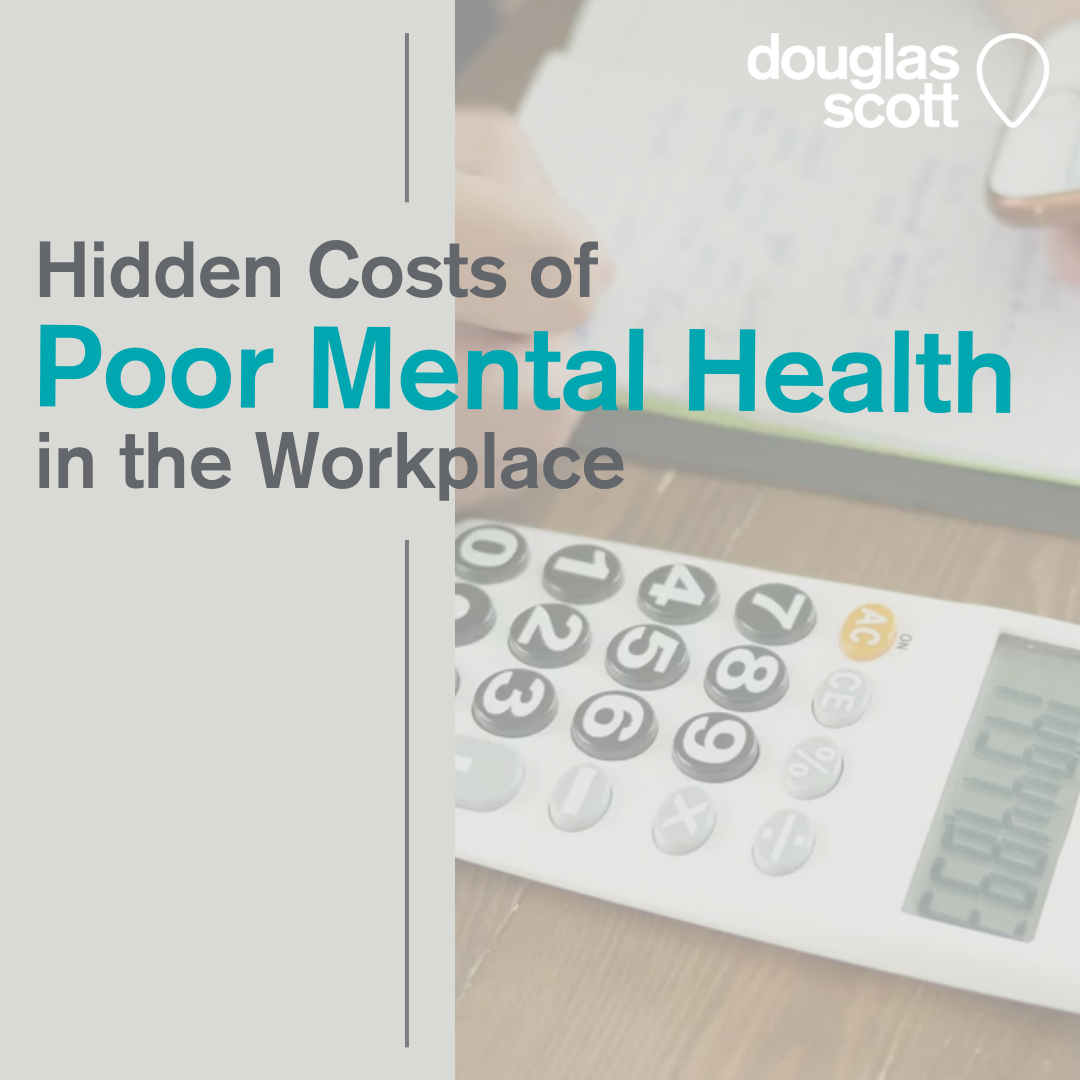What poor mental health is costing firms...
Posted in Latest News on 13 Nov 2024

It’s a subject we’re all very keenly aware of these days – mental health. And the mental health of its employees is a crucial concern for law firms.
Gone are the days of keeping it all shut away and working till you drop – the majority of firms have a number of policies in place to address lawyers’ mental health and are now aware of the importance of good mental health. However, some recent findings from the wellbeing platform Unmind show that there is still work to be done to tackle these concerns - and they have also highlighted the financial loss to firms from poor employee mental health.
The headline figure for the largest law firms is that they are currently losing £65 million due to employee mental health issues. Medium law firms are losing around £34 million, and even smaller firms are facing a loss of around £6.8 million. The report found that the leading cause of poor mental health among lawyers is stress, with 44% of employees surveyed reporting that they suffered from this issue. The other top issues were a lack of fulfilment in their work (43%) and a lack of support from their firm (37%). While we have seen studies like this before, what makes this one so eye-catching is not just its examination of the main causes of poor mental health in lawyers but also what effect this can have on a firm financially. The main proportion of this lost revenue, however, wasn’t due to people taking sick days for mental health reasons but due to ‘presenteeism’ – being physically present but suffering from poor well-being and underperforming. Other sources of this loss included employee turnover and absenteeism.
The report also highlighted just who is suffering the most from mental health issues in the workplace. It indicated that associates were more likely to be struggling with mental health issues than those at partner level. It also seems like associates were less likely to spot the signs of an office open to discussing mental health: 32% reported people openly discussing the topic, whereas 43% of partners were more likely to discuss it. The report clearly states some recommendations firms can make to improve their staff's mental health: making mental health a mandatory component of leadership training and development, targeting wellbeing initiatives for those that need them and providing accessible mental health support for all. The report makes it clear that law firms cannot rely on box-ticking exercises and putting the responsibility onto employees in order to fulfil their obligations to their staff regarding mental health.
While firms are trying to do more to address and support the mental health of their staff, there are still many issues that need to be addressed in order for them to be able to better help those working for them and, ultimately, be more successful financially. Absenteeism, burnout, and attrition are all key factors, as well as the concern that even if people are showing up for work, they may not be performing at their best. We will continue to see if firms decide to take up these recommendations and whether they are successful at reducing the stress of a very demanding profession.
Latest insight
-
How popular really is hybrid working?
07 Apr 2025 -
What is the top priority for law firm leaders?
20 Jan 2025 -
How to make your 2025 Legal dreams come true!
13 Jan 2025 -
Beyond the surface: How law firms are quietly advancing social mobility
05 Nov 2024 -
Which training providers are doing the best out of the SQE?
29 Oct 2024